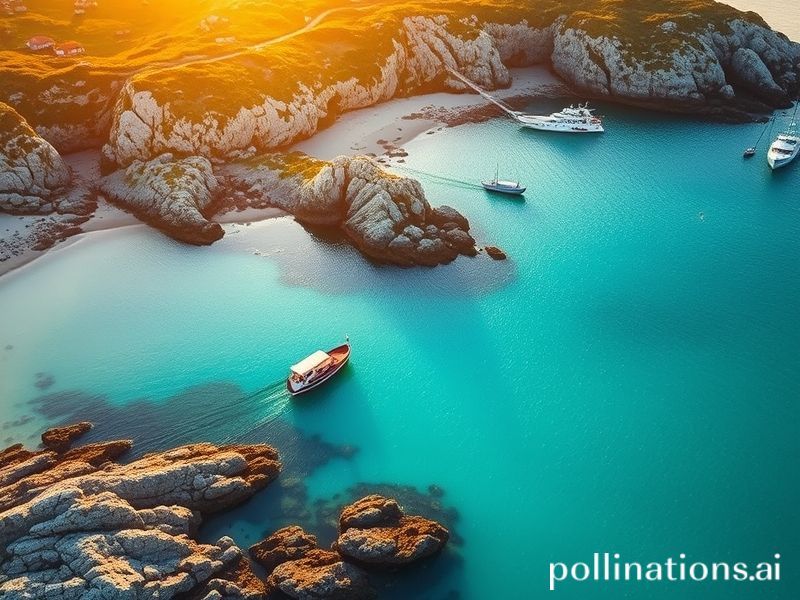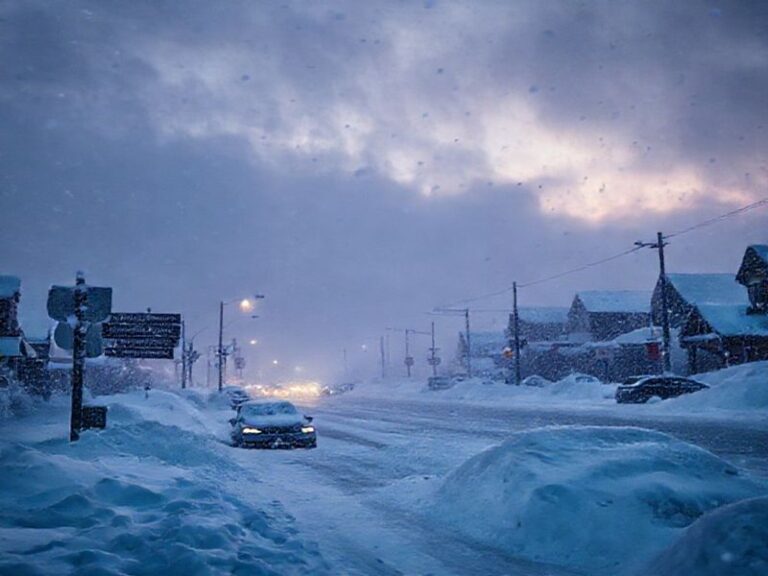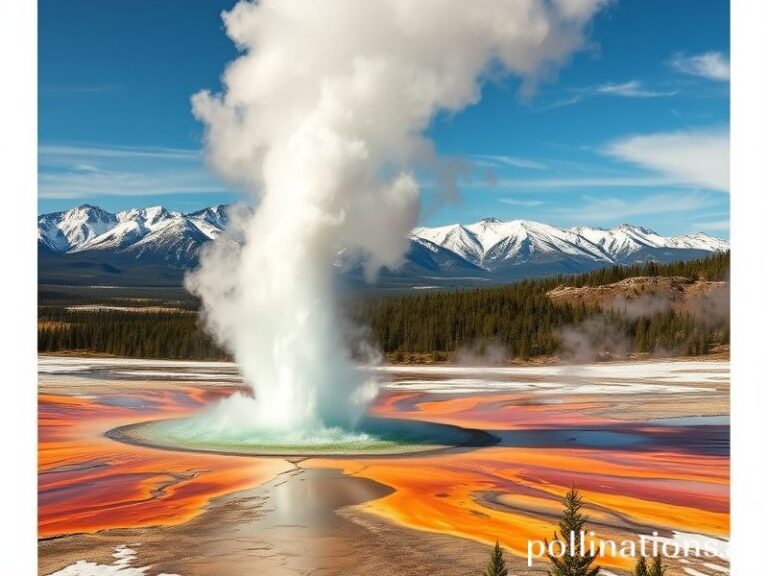Scilly Isles: Britain’s Last Quiet Spot Before the World Ends
Scilly Isles: Where Climate Apocalypse Meets Cream-Tea Cosplay
By Our Marginally Overqualified Island Correspondent
If you draw a diagonal from the Hamptons to the Maldives and let it overshoot by 400 miles, you’ll finally wash up on the Isles of Scilly—five granite flecks that Britain keeps forgetting to lose in the divorce from Europe. The archipelago sits 28 miles off Land’s End, a distance close enough to smell the Brexit but far enough away that nobody remembers to send the paperwork. To the wider world, the Scillies are the cartographic equivalent of pocket lint: technically part of England, spiritually part of Atlantis, and economically part of nowhere.
Yet these 1,700 souls may be running the planet’s most polite experiment in climate fatalism. While Tuvalu sinks and Miami installs more pumps than Venice, Scilly quietly clocks in as the warmest place in the UK—an accolade as comforting as being the thinnest sumo wrestler. Average winter lows hover around a temperate 8 °C (46 °F), allowing subtropical gardens to bloom next to Union-Jack bunting that’s bleached into surrender. Locals call it “eternal spring.” Climate scientists call it “a preview trailer for everywhere else.”
Globally, the islands function as a boutique data point. Satellite trackers from the EU’s Copernicus program use Scilly’s sea-surface temps as the canary in the North Atlantic coal mine—ironic, since the last coal mine in Cornwall closed decades ago and is now a gift shop selling artisanal despair. NASA’s Jet Propulsion Laboratory even sneaks in drones disguised as puffins to measure kelp die-off. When asked for comment, a NASA spokesperson replied, “We like places with more seals than lobbyists.”
Economically, Scilly is a master class in how to monetize precarity without looking smug about it. Tourism supplies 85 % of income: honeymooners from Shanghai, twitchers from Hamburg, and the occasional hedge-fund escapee who’s memorized the Swiss nuclear bunker menu and wants a backup with scones. The islands’ only commercial flower farm, once the Empire’s daffodil pipeline, now ships “climate-resilient narcissi” to Dubai—because nothing says sustainable like flying flowers 3,500 miles to accessorize brunch.
Shipping is another marvel. The Scillonian III ferry—built in 1977, the same year Star Wars first explained how small rebels can survive big empires—still groans across the Celtic Sea three times a week. It burns marine diesel with the enthusiasm of a chain-smoker on death row, but the carbon guilt is offset by the onboard mackerel raffle. Meanwhile, gig-economy drones from the mainland attempt deliveries, only to be hijacked by herring gulls that have learned to identify Amazon logos the way Somali pirates once read ransom notes.
Politically, Scilly is governed by a “council of the isles,” a phrase that sounds Tolkien but functions more like a condo board with existential stakes. They recently debated installing a 1-megawatt tidal turbine; after 18 months of polite argument, they compromised on a solar-powered compost loo at the cricket pitch. The minutes record one councillor worrying that turbine noise might disturb basking sharks, proving that even apex predators can be weaponized in NIMBY wars.
And then there is the dark-horse export: psychogeographic dread. Artists from Brooklyn to Berlin pay premium Airbnb rates to sit on granite outcrops and contemplate sea-level rise while eating pasties. Their Instagram captions—“post-carbon longing in pastel hues”—generate more soft power than Britain’s entire Foreign Office. The islands, in effect, have become a mood board for the Anthropocene, a sort of Wes Anderson doomsday cult you can leave whenever the ferry shows up.
In the end, the Isles of Scilly matter precisely because they don’t—at least not in the traditional metrics of GDP, missile silos, or Olympic medal counts. They are a reminder that the global future will be negotiated not only in glass towers but also in places where the barter economy still trades lobster for Wi-Fi passwords. If civilization collapses, the last conference call will likely be hosted from a Scilly tearoom, crackling over satellite while the signal fades, leaving only the sound of waves and the polite clink of china.
One lump or two? Make it three—history suggests we’ll need the extra sugar.







